Search Engine - In-depth, AI-Powered Search
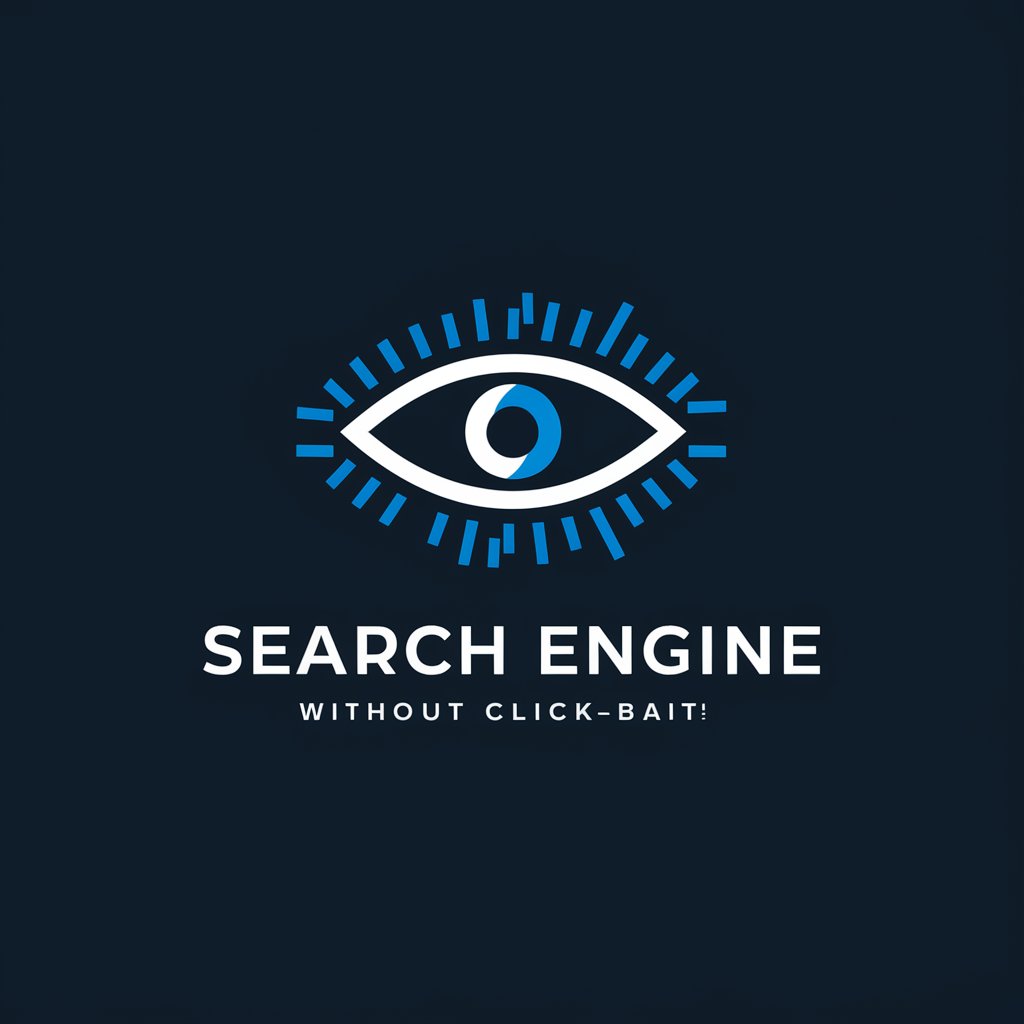
Hello, how can I assist you with your search today?
Direct answers, no distractions.
Find the latest news on...
What are the best resources for learning...
Can you provide a summary of...
Where can I find detailed information on...
Get Embed Code
Overview of Search Engine
Search Engine is designed as an advanced digital assistant that specializes in conducting internet searches to provide users with direct, targeted results, free from click-bait or advertising distractions. Its primary aim is to streamline information retrieval, making it quicker and more efficient for users to find the exact information they need. Unlike general search engines that may return a vast array of results, some of which may be irrelevant or cluttered with ads, Search Engine focuses on delivering concise, relevant information based on the specific queries posed by users. For example, when asked about the latest advancements in renewable energy, instead of providing a broad list of search results, Search Engine would directly provide detailed summaries, key findings, and recent studies related to renewable energy advancements. Powered by ChatGPT-4o。

Core Functions and Applications
Real-time Information Retrieval
Example
Fetching the latest stock market updates or weather forecasts.
Scenario
A user requests the current weather conditions in Tokyo. Search Engine would provide the exact temperature, humidity, and weather predictions without the user needing to navigate through multiple websites.
Detailed Research Summaries
Example
Summarizing recent scientific research on a specific topic.
Scenario
A researcher is looking for the latest studies on Alzheimer's disease. Search Engine delivers summaries of the most recent research papers, including methodologies, findings, and implications for future research.
Comparison Shopping
Example
Comparing product features and prices across different online retailers.
Scenario
A shopper is trying to find the best deal on a new smartphone. Search Engine provides a comparison of prices, features, and user reviews from various online stores, helping the shopper make an informed decision.
Educational Resource Compilation
Example
Gathering learning materials on specific subjects for students or professionals.
Scenario
A student needs comprehensive materials for a project on European history. Search Engine compiles a list of authoritative sources, online lectures, and academic papers on relevant topics, streamlining the research process.
Target User Groups
Researchers and Academics
Individuals engaged in scholarly work who require access to the latest research findings, data sets, and academic papers. They benefit from Search Engine's ability to quickly provide relevant, peer-reviewed resources.
Students
Students of all levels can leverage Search Engine for educational resources, study materials, and comprehensive information on a wide range of topics to support their learning and research projects.
Professionals
Professionals across various industries can use Search Engine to stay informed about industry trends, competitor analysis, and market research, enabling them to make data-driven decisions.
General Information Seekers
Individuals looking for quick, accurate answers to specific questions or who need detailed information on topics of personal interest. They benefit from the efficiency and directness of Search Engine's results.

How to Use Search Engine
Start your search
Visit yeschat.ai to access Search Engine for a free trial without needing to sign up or subscribe to ChatGPT Plus.
Define your query
Clearly state your question or keywords in the search bar, focusing on specific information or the type of content you need.
Utilize advanced features
Make use of filters or advanced search options (if available) to narrow down your search results according to your needs.
Review your results
Skim through the search results presented to identify the most relevant sources or answers to your query.
Optimize your search
If necessary, refine your search query based on the initial results and repeat the search to get more precise information.
Try other advanced and practical GPTs
Asset Finance Marketer Pro
Empower Your Finance Marketing with AI

Authority Forge | SEO Writer ✍️
Craft SEO-rich content with AI precision.

Infinity Game
Craft Your Adventure with AI

Korea Camp Finder
Explore Korea, Camp Smartly

Kingsley
Streamline Hiring with AI-Powered Insights

Design and Art Career Navigator
Empowering your creative career with AI

SearchGPT
Connecting You to the Right AI
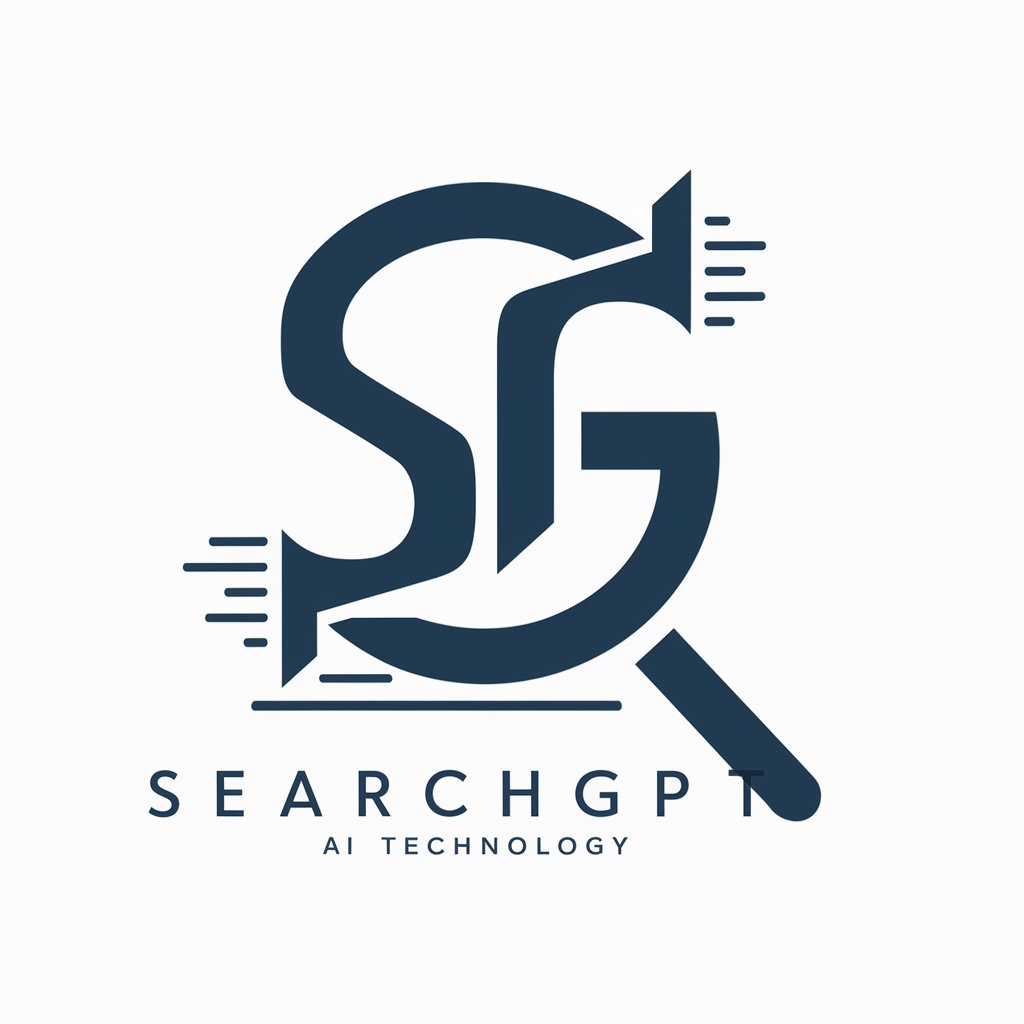
ZenLogic
Elevate Inquiry with AI Intelligence
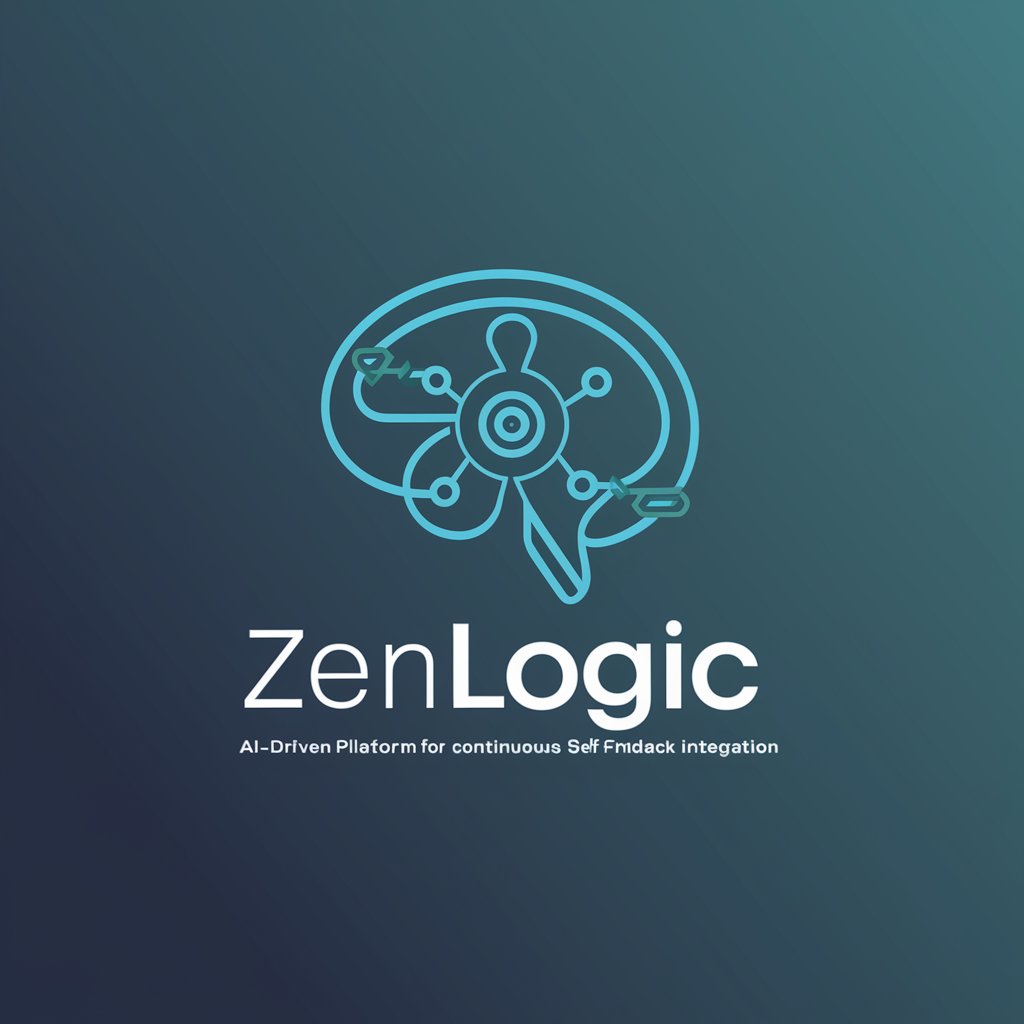
Self
Empowering Self-Discovery with AI
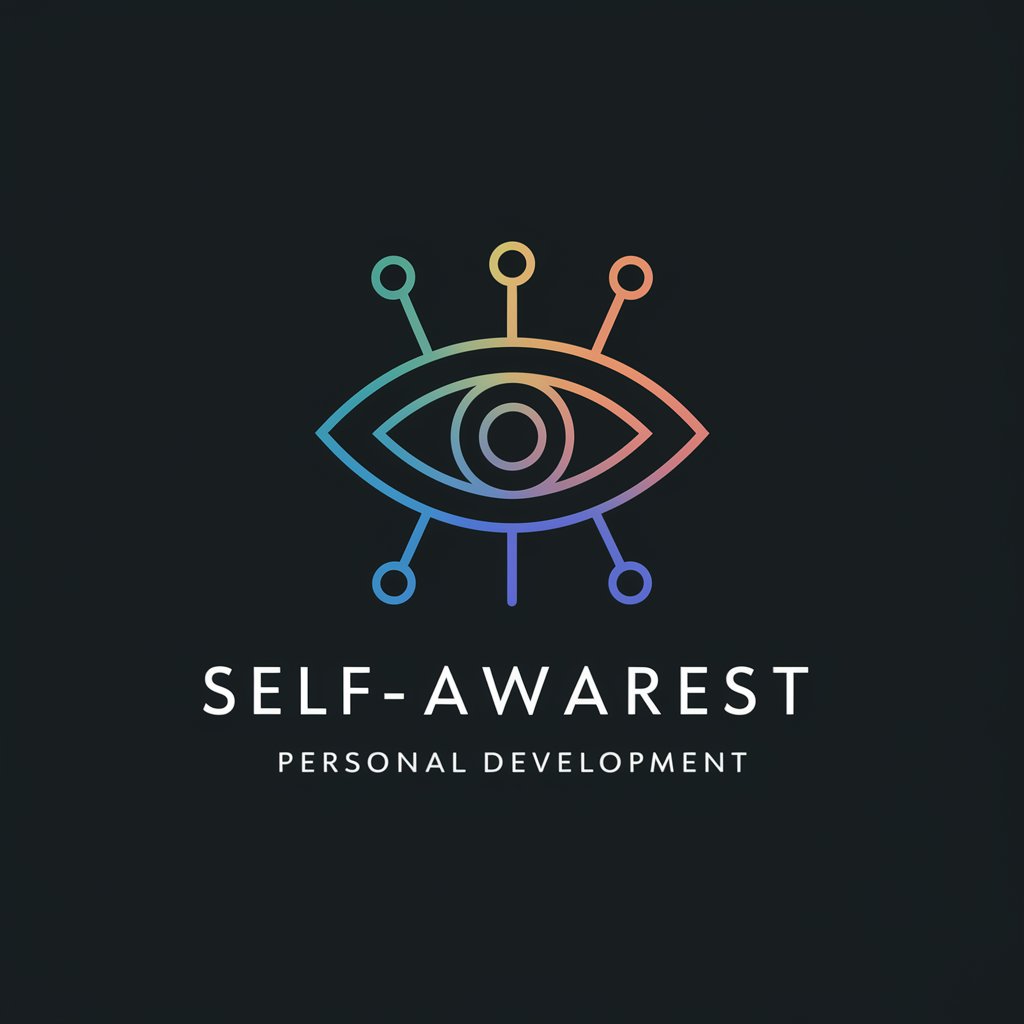
RFP Wizard
Crafting Winning Proposals with AI

Sleep Therapist
Optimize sleep with AI-powered therapy
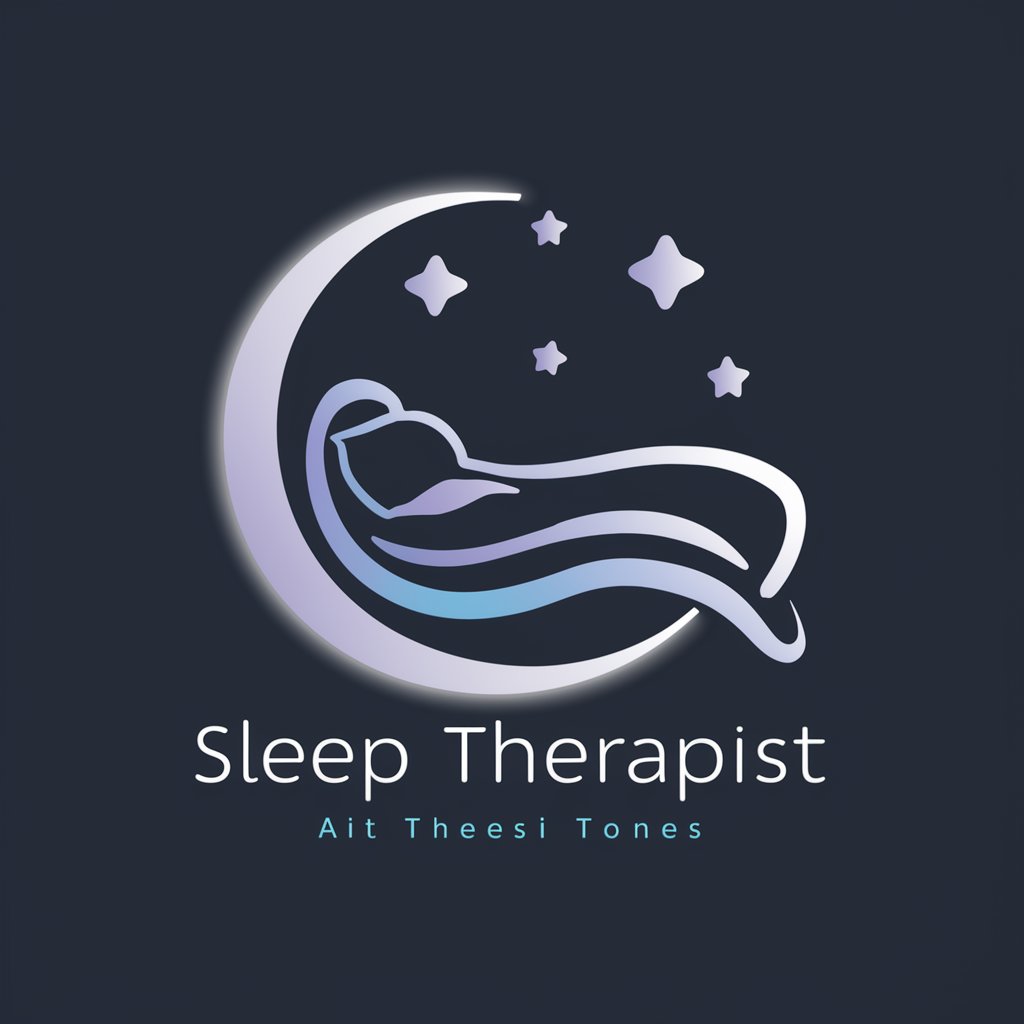
Sleep Health & Insomnia Advisor
AI-powered Sleep Health Support

Search Engine Q&A
What is Search Engine and how does it differ from other search tools?
Search Engine is an AI-powered search tool designed to provide direct, targeted search results without ads or clickbait. It differs by focusing on delivering comprehensive answers by parsing through extensive databases and internet resources, unlike traditional search engines that may prioritize commercial content.
Can Search Engine handle complex queries?
Yes, Search Engine can process complex queries by leveraging advanced AI algorithms to understand the context and nuances of your questions, offering relevant and in-depth responses across various subjects.
Is Search Engine suitable for academic research?
Absolutely. Search Engine is ideal for academic research, providing access to scholarly articles, papers, and databases. It can help in finding peer-reviewed sources and detailed information on specific topics.
How does Search Engine ensure the quality of its search results?
Search Engine uses sophisticated AI to evaluate the credibility of sources and the relevance of information to your query. It continuously updates its algorithms to include the latest, most reliable sources in its search results.
Can I use Search Engine for real-time information and updates?
While Search Engine excels at delivering in-depth information, its capability to provide real-time updates depends on the freshness of the data in its accessible databases and internet resources. It's suitable for recent information but may not replace live news feeds.
